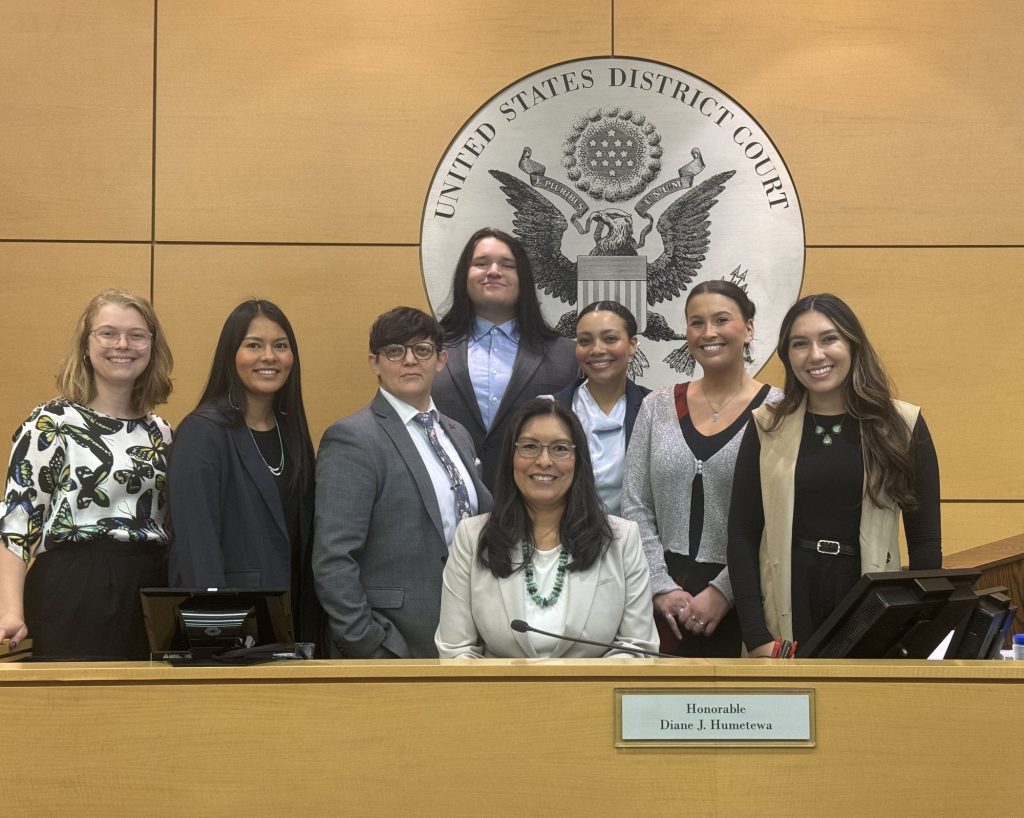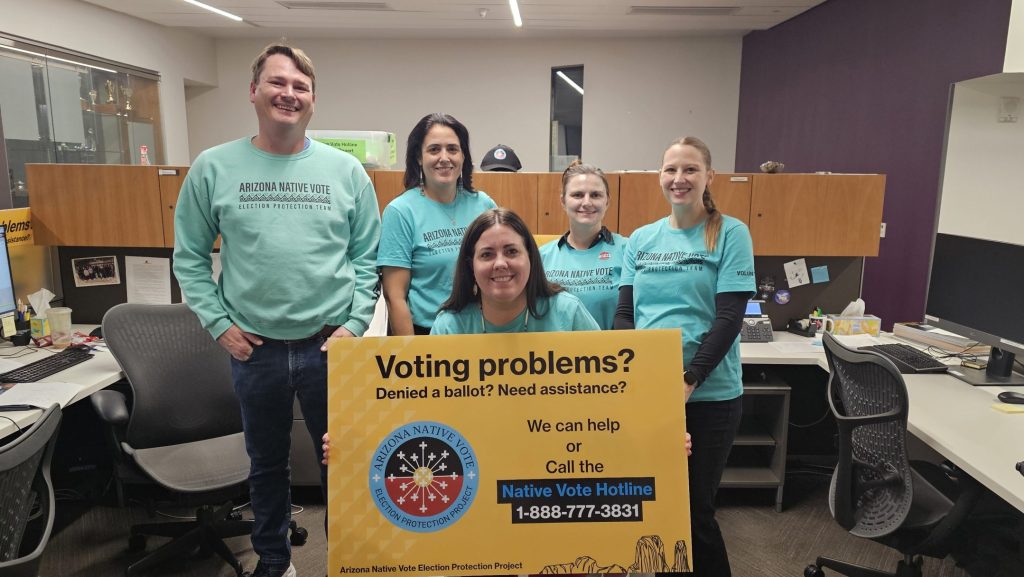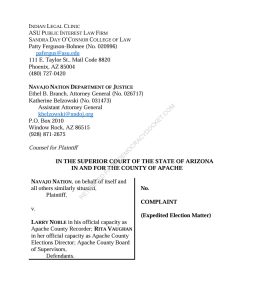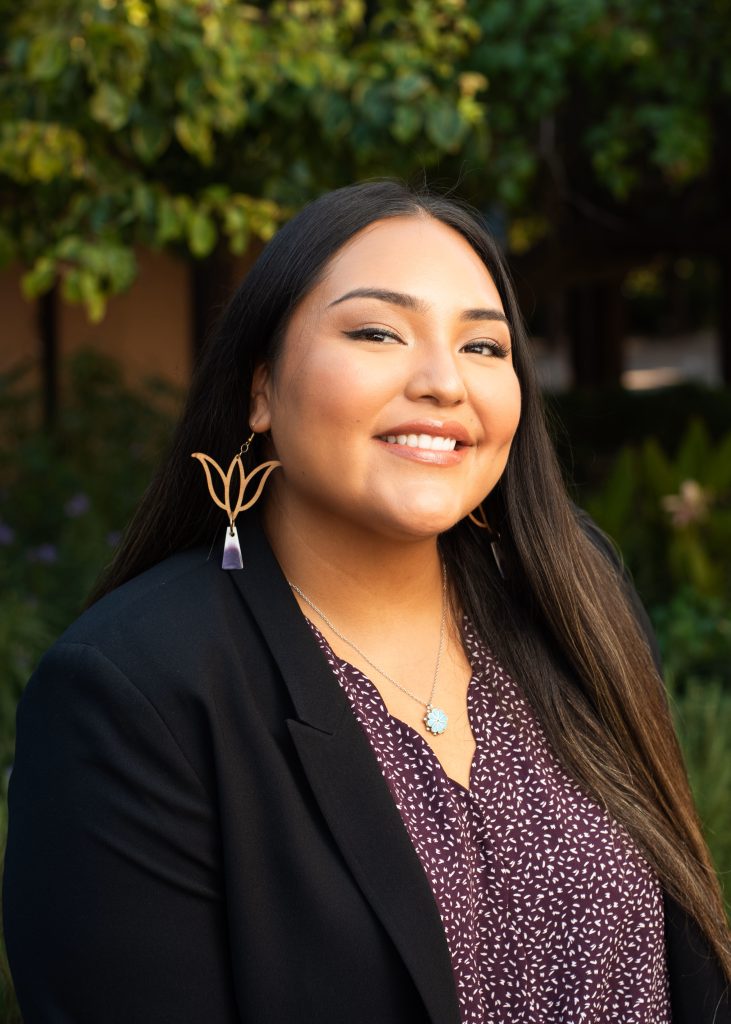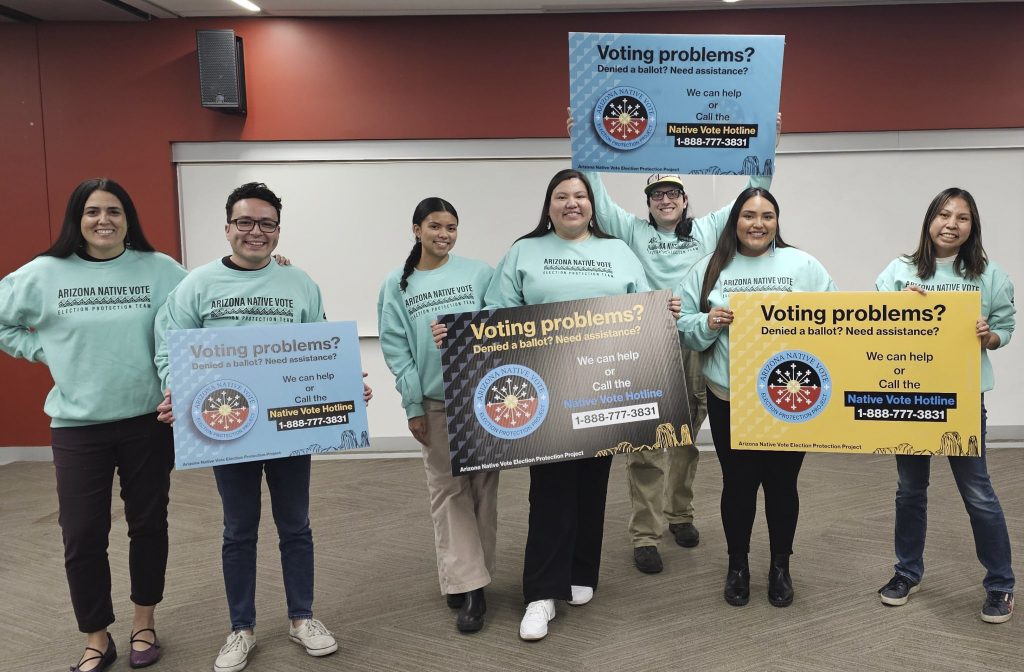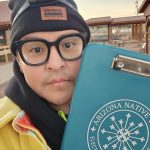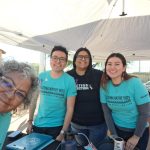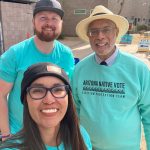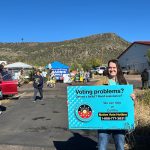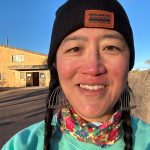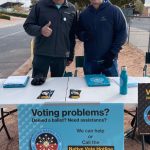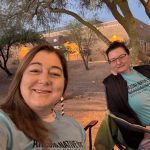JOB TITLE: Defense Attorney II
DEPARTMENT: Defense Services Office
STATUS: Full-Time
CLOSING: Open Until Filled
DESCRIPTION: Defense Attorney II– GRIC
Job Number: 25-033
Job Type: Full-Time Regular
Department: Defense Services Office
City: Sacaton, AZ Location: 151 S. Bluebird Rd.
Area of Interest: Defense Services/ Legal Salary/
Hourly Rate: $97,305 – $167,305 Salary
DISTINGUISHING FEATURES OF THE CLASS: The Defense Attorney II performs professional legal work involved in representing defendants in the courts of the Gila River Indian Community (“Community”) and conducting all phases of litigation from preparation through trial and appeal.
ESSENTIAL FUNCTIONS:
- Defend persons charged with offenses in the Community’s court system.
- Practice extensively in the courtroom arguing motions, trying cases to judges and juries, as well as occasionally arguing special actions and appeals.
- Perform job related legal research in areas of criminal law, including pre-trial motion practice through appellate argument.
- Draft legal documents for all stages of the practice of criminal law.
- Consult with clients and interview witnesses and potential witnesses.
- Participate in plea negotiations and pre-trial discovery with prosecutors.
- Review and analyze statutes and case law pertaining to criminal law and procedure and keep attorneys informed as to changes in the law, precedents and case applicability.
- Train and supervise others as assigned.
- Perform other related duties as assigned.
REQUIRED KNOWLEDGE, SKILL AND ABILITY:
- Knowledge of Community codes and state statutes with emphasis on criminal law and procedures;
- Knowledge of Judicial procedures and rules of evidence.
- Knowledge of principles of criminal law.
- Knowledge of appeal procedures of the Community and other jurisdictions.
- Ability to analyze, appraise, research and organize facts, evidence, and precedents and present them in oral and written reports.
- Ability to comprehend and make inferences from written material.
- Ability to produce documents written in the English language using proper sentence structure, punctuation, grammar, spelling and legal citations.
- Ability to communicate orally in the English language with judges, attorney and the public using a telephone, in group, face-to-face, or one-to-one settings.
- Ability to enter and retrieve data or information from a terminal, PC, or other keyboard device.
- Ability to establish and maintain effective working relationships with other employees, Community Officials and the general public.
- Ability to perform all physical requirements of the position; agree to maintain a drug-free workplace.
REQUIRED EDUCATION/EXPERIENCE: Juris Doctorate Degree from an accredited law school, member of the State Bar of Arizona in good standing, and three (3) years’ experience as a licensed attorney (experience in defense representation preferred).
(Internal GRIC Employees) Juris Doctorate Degree from an accredited law school, member of the State Bar of Arizona in good standing, and two (2) years’ experience as a Defense Attorney I with the GRIC Defense Services.
ADDITIONAL REQUIREMENTS:
- Tribal Driving Permit can be required.
- Required to pass a background check and fingerprint clearance as a condition of employment and must continue to maintain throughout duration of employment.
- Background checks are required for positions that involve regular contact with or control over Community Children in accordance with The Indian Child Protection and Family Violence Prevention Act, 25 U.S.C. Section 3201 through 3210 and C.F.R. Part 63 and positions that have regular contact with the Elderly. Non-Supervisory, Salaried Position Reports to Director or designee
BENEFITS:
The Gila River Indian Community offers a comprehensive benefits package, which includes; vacation, holiday, and sick leave as well as medical, dental, vision, life, short and long term disability benefits.
Preference in filling vacancies is given to qualified Indian candidates in accordance with the Indian Preference Act (Title 25, U.S. Code, Section 472 and 473). The Gila River Indian Community is also committed to achieving the full and equal opportunity without discrimination because of Race, Religion, Color, Sex, National Origin, Politics, Marital Status, Physical Handicap, Age or Sexual Orientation. In other than the above, the Gila River Indian Community is an Equal Opportunity Employer.
If you are claiming Preference in one or more of the following categories please attach a copy of the required documentation to the completed Employment Application.
Preference for Community Members (with proof of enrollment)
Preference for Native Americans (must meet membership requirement of a federally recognized Tribe.)
Preference point for Spouse of Community Member (with proof of spouse enrollment)
Preference point for Veteran (must meet statutory requirements)
HUMAN RESOURCES WILL NOT MAKE COPIES OF APPLICATIONS OR DOCUMENTS BEING SUBMITTED.
Visit our GRIC website and apply online: www.gilariver.org
How to apply: CLICK HERE

